About Sewage Backup
Sewage backup is a hazardous and unpleasant event that can occur in residential and commercial properties. It refers to the overflow or backup of raw sewage into a building, usually from the sewer system or septic tanks. This backup can cause extensive damage to the property and poses serious health risks to occupants. Sewage backup should be treated as an emergency situation and addressed promptly to prevent further damage and ensure the safety of the occupants.
Causes of Sewage Backup
There are several common causes of sewage backup:
- Blockage or clogging in the sewer pipes: This can occur due to accumulated grease, soap residue, debris, tree roots, or foreign objects stuck in the pipe.
- Sewer system overload: Excessive rainfall or flooding can overwhelm the sewer system, causing it to back up into buildings.
- Structural defects in the sewer line: Cracks, misaligned pipes, or collapsed sections of the sewer line can lead to sewage backup.
- Sewer system maintenance issues: Lack of regular sewer line inspections and maintenance can contribute to backups.
Preventing Sewage Backup
Preventing sewage backup is crucial to protect your property and ensure the health and safety of its occupants. Here are some preventive measures:
- Regular maintenance: Schedule regular inspections and maintenance of your sewer system, including cleaning and removing any blockages or tree roots.
- Proper waste disposal: Dispose of grease, oils, and non-biodegradable materials in the trash instead of pouring them down drains or toilets.
- Avoid flushing improper items: Only flush toilet paper and human waste. Avoid flushing diapers, sanitary products, wipes, or other non-flushable items.
- Install backwater valves: Backwater valves can help prevent sewage from flowing back into your property. These valves allow sewage to flow out but prevent it from flowing back in.
- Manage water flow: Ensure that rainwater and groundwater are directed away from the sewer system to prevent overload during heavy rainfall or flooding events.
Sewage Backup Restoration Services
In the event of a sewage backup, it is essential to seek professional restoration services to mitigate the damage and ensure proper cleanup. Service Water Restoration Pros offers comprehensive sewage backup restoration services, including:
- Emergency response: Our team is available 24/7 to respond quickly to sewage backup emergencies.
- Assessment and inspection: We assess the extent of the damage and identify the cause of the backup.
- Water extraction and cleanup: We safely remove the sewage water, sanitize the affected area, and thoroughly clean and deodorize the property.
- Mold remediation: We address any mold growth resulting from the sewage backup and ensure proper remediation.
- Structural drying and repairs: We dry out the affected area, repair any structural damage, and restore the property to its pre-loss condition.
With our experienced team and advanced restoration techniques, you can trust Service Water Restoration Pros to handle your sewage backup restoration needs efficiently and effectively. Contact us today at (949) 209-1582 for immediate assistance.
What To Do When Your Sewer Backs Up
Knowing what to do when your sewer backs up can help prevent a huge catastrophe down the road. Here are the steps to take:
1. Turn off the water supply: To prevent further backups, shut off the main water supply to your property.
2. Avoid using plumbing fixtures: Do not flush toilets, run sinks, or use any plumbing fixtures until the issue is resolved.
3. Contact a professional restoration service: Call a reputable sewage backup restoration company like Service Water Restoration Pros to assess the situation and provide immediate assistance.
4. Stay away from the affected area: Sewage backup can contain harmful bacteria and pathogens. Avoid contact with standing water or sewage to protect your health.
5. Document the damage: Take photos or videos of the damage for insurance purposes. This documentation will help during the claims process.
6. Follow the guidance of the restoration professionals: The restoration experts will guide you through the cleanup and restoration process to ensure the property is safe and restored properly.
Protect your house from sewer backups
Backed up sewers can cause thousands of dollars in damage to floors, electrical systems, walls, furniture, and other belongings. Learn about the causes of sewer backups and how to protect your house:
FAQs
What are the signs of a sewer backup?
Can I clean up sewage backup myself?
For more information about sewage backups and related restoration services, visit here and here.



